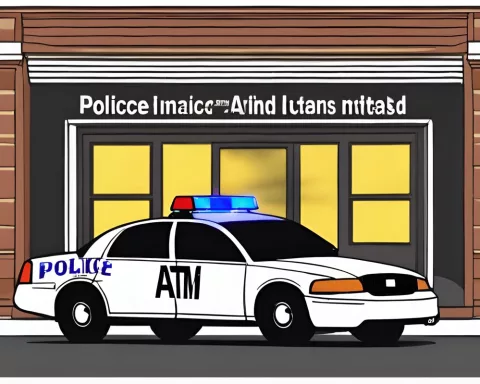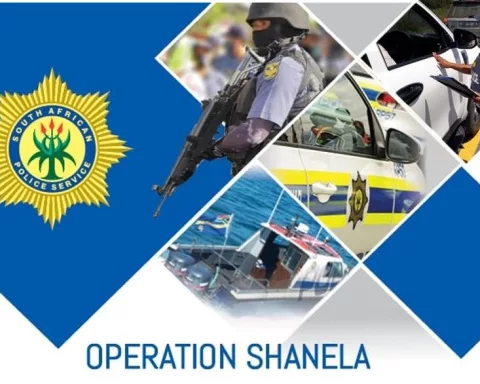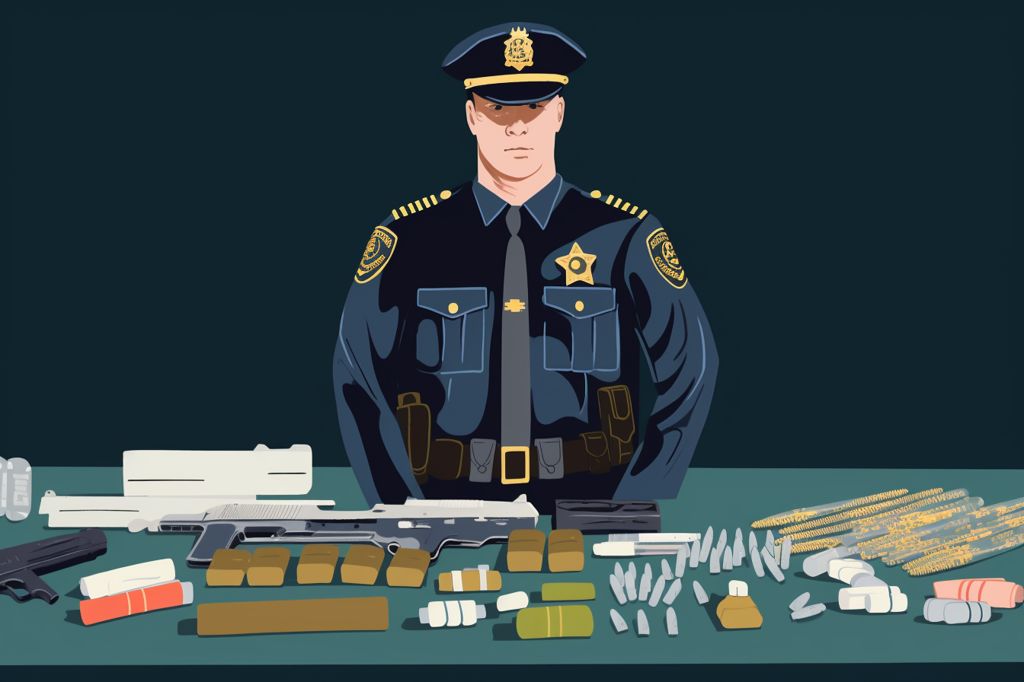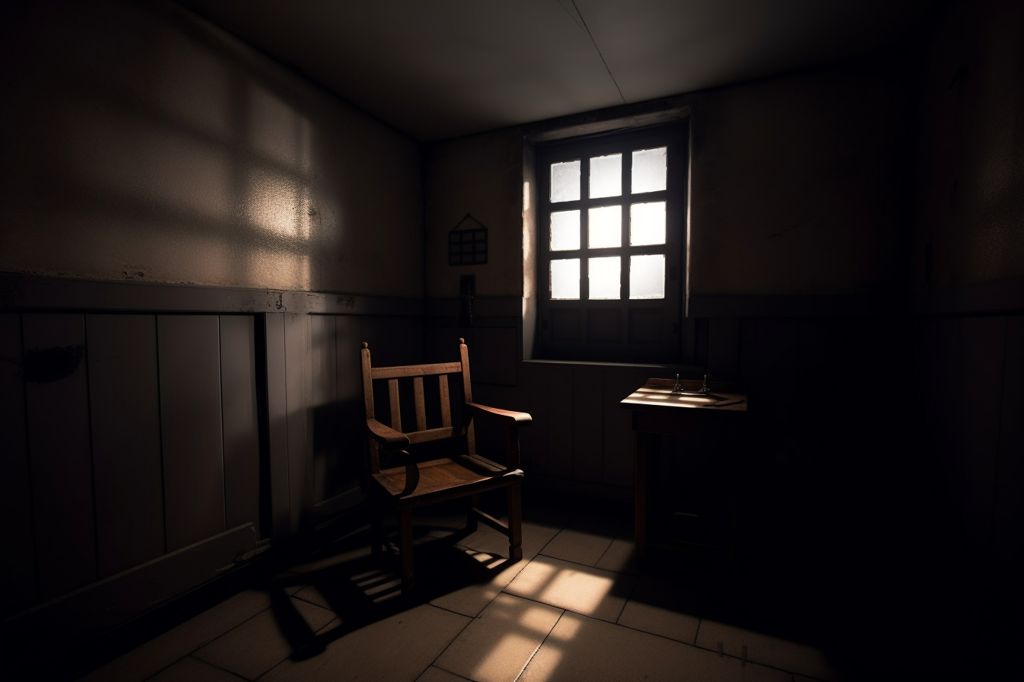Gun Free South Africa (GFSA) and nine families have brought a class action lawsuit against the South African Police Service (SAPS) for the deaths and injuries caused by stolen firearms. Approximately 2,000 firearms were stolen from police stores by two rogue police officers, Colonels Christiaan Prinsloo and David Naidoo, and supplied to gang leaders on the Cape Flats from 2007 to 2015. These firearms were meant to be destroyed but have come to be known as “Prinsloo Guns.”
According to SAPS records, over 1,000 people, including 67 children, were killed as a result of these stolen firearms by 2016, while thousands more were injured. The impacts of these stolen firearms have devastated numerous families, especially those from impoverished communities with limited access to legal representation.
Class Action Lawsuit Represents Four Categories of Victims
The class action lawsuit involves nine named family members representing four categories of victims: deceased children (represented by their parents or guardians), injured children (represented by their parents or guardians), deceased adults (represented by their families), and injured adults (representing themselves).
Failure to Uphold Obligations Enabled Firearms to be Stolen and Distributed
The lawsuit centers around the argument that SAPS failed to uphold its constitutional, statutory, and international obligations, thereby enabling Prinsloo and Naidoo to steal and distribute guns and ammunition for years without detection. Expert witnesses supporting the claim demonstrate that identifying a “Prinsloo Gun” is possible due to their unique markings.
Seeking Justice and Closure
While the class action lawsuit seeks damages and costs, GFSA emphasizes that no amount of money will bring back lost loved ones or heal the wounded. However, a sense of justice and closure might be achieved if the state acknowledges the suffering caused by its negligence and corruption. Additionally, the lawsuit may prompt the government to take greater control of firearms to prevent further heartbreak caused by “Prinsloo Guns.”
Human Cost Extends Beyond Numbers
It is essential to remember that the human cost of these stolen firearms extends beyond the numbers. The victims and their families have suffered immeasurable pain and loss due to the actions of rogue police officers and government negligence. It remains to be seen whether this class action lawsuit will bring about justice and closure for those affected, as well as potentially promote changes in firearm control to prevent similar tragedies from occurring in the future.












